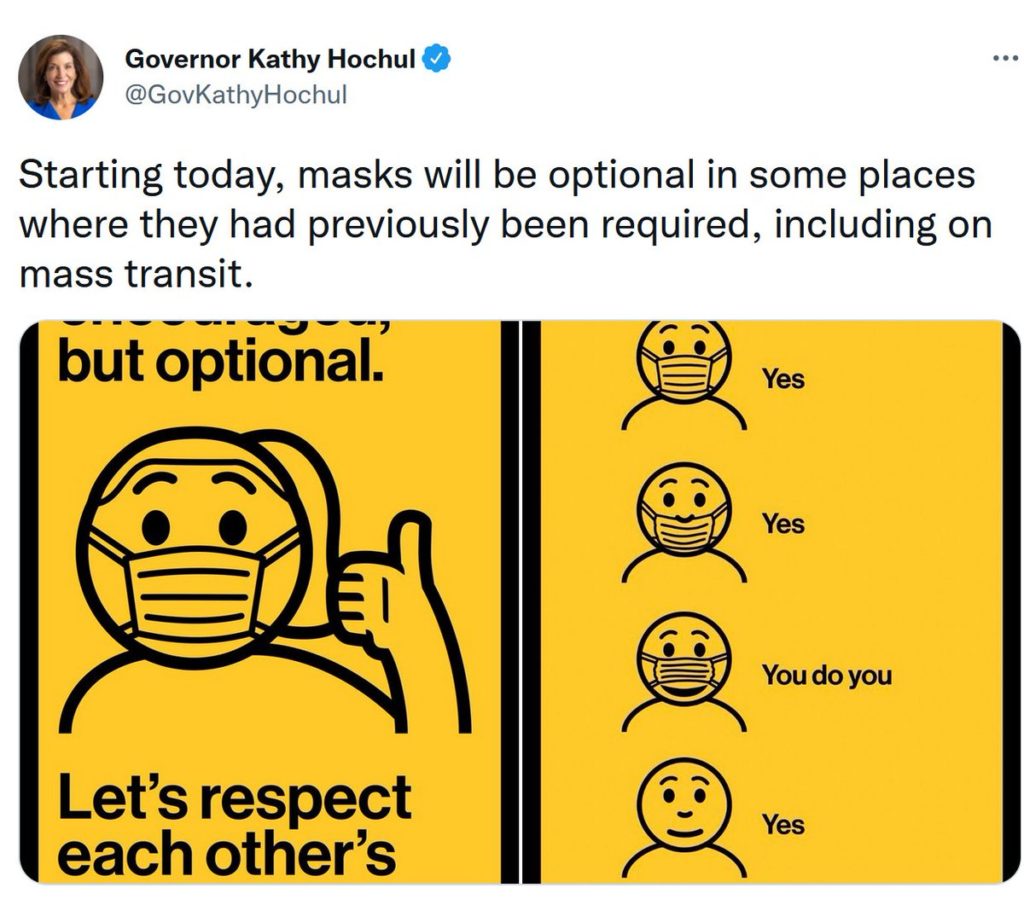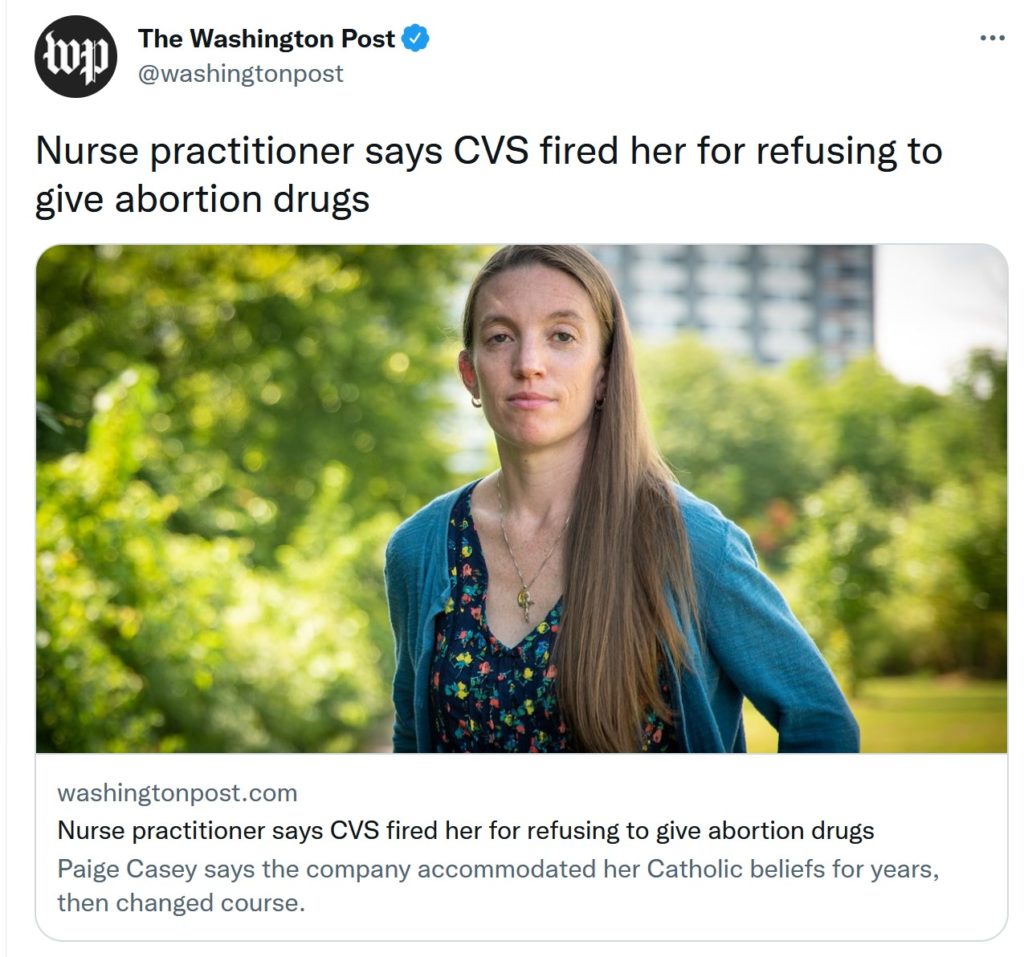As the Supreme Court prepares for a new term, they had a "long conference" this week to deal with pending matters from the summer. And, other matters.
Arguments: The Supreme Court announced they will have in person oral arguments, public included, masks optional. Otherwise the building will be closed to the public. I don't know if there is spacing in the courtroom, but there is not much seating for there to be too much. If there is oral argument seating, not sure if you can't have the building itself (with more chance of social distancing) open. I guess it is not too important.
The Supreme Court will continue live audio, which various law related people was very happy about. I think it is fine, but again, it is not to me that exciting over waiting a little while. Yes, it is a level of openness and transparency. They cannot edit the content and you have it right away. I have not really read, however, them editing it any, and listening to an old "partial birth" abortion case, I even heard a protester yell left in.
The big improvement would be if they allowed video or even added opinion announcement audio. They did not say if they will turn to opinion announcements, which they have not had since COVID began (and the pre-COVID opinion announcements of that term are not available). Not having that this term (which ends on the first Sunday in October) was really notable, especially the lack of public dissents from the bench.
Justice Jackson: There are thirteen federal circuits (federal, D.C., 1-11), each having a circuit justice (Roberts deals with the feds and the 4th, Alito his old 3rd and ideologically suitable 5th, Kavanaugh has 6/8, and the rest have one each, largely their old haunts, with Kagan having the 9th).
Some use this to suggest we should have thirteen justices, but we aren't talking circuit riding or anything. They don't do much except dealing with a limited number of emergency appeals, referring notable ones to the whole Court. Roberts and Kavanaugh dealt with such a matter this week that is on the orders page. At times, decisions are made by circuit justices that are only on the docket page of the case.
Breyer used to be a judge in the 1st Cir., so logically had that. Roberts filled in after he retired. Now, Jackson, who clerked there, has that slot.
[Justice Jackson and Dr. Patrick Jackson on the plaza after her investiture (Friday morning) Amy Howe on Twitter. Amy Howe also co-wrote an account, which has a lot of details, including note that Justice William Douglas' fourth wife -- who I think now is around 78 so still younger than him at his death in 1980 -- was in the room.]The other notable Jackson moment is her formal investiture, a ceremonial affair involving Chief John Marshall's chair and everything started by Chief Justice Burger, who liked pomp and ceremony. She was, of course, already sworn in after the end of the regular term. This is a ceremonial matter and one that unlike the swearing in is more private, no video provided.
Orders: Along with the order announcing the new circuit assignments, there was one citing the solicitor general being allowed to take part in the oral argument in two cases, including a copyright matter involving Andy Warhol. It is one of the "fun" cases of the new term that people are watching, in part since it is not likely to cause a lot of pain and suffering.Ginni Thomas: The January 6th committee interviewed Ginni Thomas, who reportedly tried to get multiple state legislatures to reject the official counts in 2020 among other things. It is good to get her on the record, especially with a lot of people talking about her, after reading article after article about it.
She made "yeah sure" comments like Clarence Thomas not caring about politics or talking to her about her actions at all. The whole thing is symbolic on some basic level since she has no real power and doubtful she has much influence. Yes, she gets into the room and such since Justice Thomas is her husband. And, yes, it was dead wrong (and impeachable) that he continued to take part in Trump election related cases.
Do we really think she or Clarence Thomas had any significant role in the whole election theft attempt? It is not trivial on some level, yes, especially when we are talking a member of the Supreme Court. This also factors into the concept of appearance of impropriety. We can note this while also being reasonable about what exactly their role was specifically.
Relatedly, there is a Politico article about justices' spouses and proper disclosures. When Ginsburg became justice, there was the well reported fact that her husband decided to change careers to avoid conflict. The article notes that Barrett's husband went another way:
A year after Amy Coney Barrett joined the Supreme Court, the boutique Indiana firm SouthBank Legal opened its first-ever Washington office in Penn Quarter, a move the firm hailed in a 2021 press release as an “important milestone.”
The head of the office, Jesse M. Barrett, is the justice’s husband, whose work is described by the firm as “white-collar criminal defense, internal investigations, and complex commercial litigation.”
Continuing evidence about the trade we got. Oh this too:
But if anyone wants to find out whether Jesse Barrett’s clients have a direct interest in cases being decided by his wife, they’re out of luck. In the Supreme Court’s notoriously porous ethical disclosure system, Barrett not only withholds her husband’s clients, but redacted the name of SouthBank Legal itself in her most recent disclosure.
The article provides some other red flags involving spouses, but that is rather blatant. There are recusal policies that the justices at least say they follow (again congressional legislation applies in a narrow area though the justices never admitted it legally applied to them). This is the sort of appearance of impropriety that ethics rules address.
Like "Clarence? he doesn't care about politics!" there is a point when this is just piss you off blatant. I don't care on a basic level here that it is somewhat symbolic. The "the rules don't really apply" concept does not stop here. There is a general "fuck you, the rules don't apply to us" concept that touches important matters too.
And, when Kagan publicly starts to be upset, Alito is out there whining about it.
===
To answer that call, liberal leaders must size up the sources of political strength that undergird the Supreme Court majority’s audacious demolition campaign—defenses that are formidable but by no means invulnerable.
Finally, there was a useful analysis on how Democrats can try to address the current Supreme Court majority. The analysis does not provide a bunch of specific policy proposals. It addresses targets, including a "political bulwark of the rightist justices’ pursuit of their agenda."
[1] The 6-3 majority itself seems stuck in place unless a strong Democratic sweep, probably for two election cycles, allows them to "eliminate or degrade" it. I'm unsure if this is totally true. Still, the key point here is to know your target.
[2] The court majority supports (unpopular) Republican political goals. Democrats can use politics (e.g., the unpopularity of the Dobbs anti-abortion ruling) to make the Republicans less gung-ho about certain things. I would add maybe there will be more of an opening in the lower courts, including to get some Biden picks confirmed.
[3] Public ignorance of the Supreme Court's agenda. Citizens United was a major avenue of public discontent here and Sen. Whitehouse especially has been on the case of how "dark money" is behind nominations and choices of cases. The public also figured abortion as a whole was safe. We now see abortion rights is not.
[4] Perhaps the most vulnerable according to this analysis is the idea that the Supreme Court is above the fray, ruling by law instead of politics and ideology. The presence of justices that were "swing" or did not purely match ideological/partisan issue voters were key here. Also, the way the latest people were confirmed, some of their off the court habits, Ginni Thomas, etc.
The ultimate question is what this "constitutional conversation" and "de-legitimization" will get you. Will the justices (and judges) be more wary at certain points to go too far? Will the public accept more challenging of the courts (including lower courts) in certain respects? Will the public accept more regulation or other court reforms? Something else?
The analysis is not really about answering those questions. But, there are questions that can be made. It is hard to imagine how to address the Supreme Court. It is helpful to look at things from various sides.






